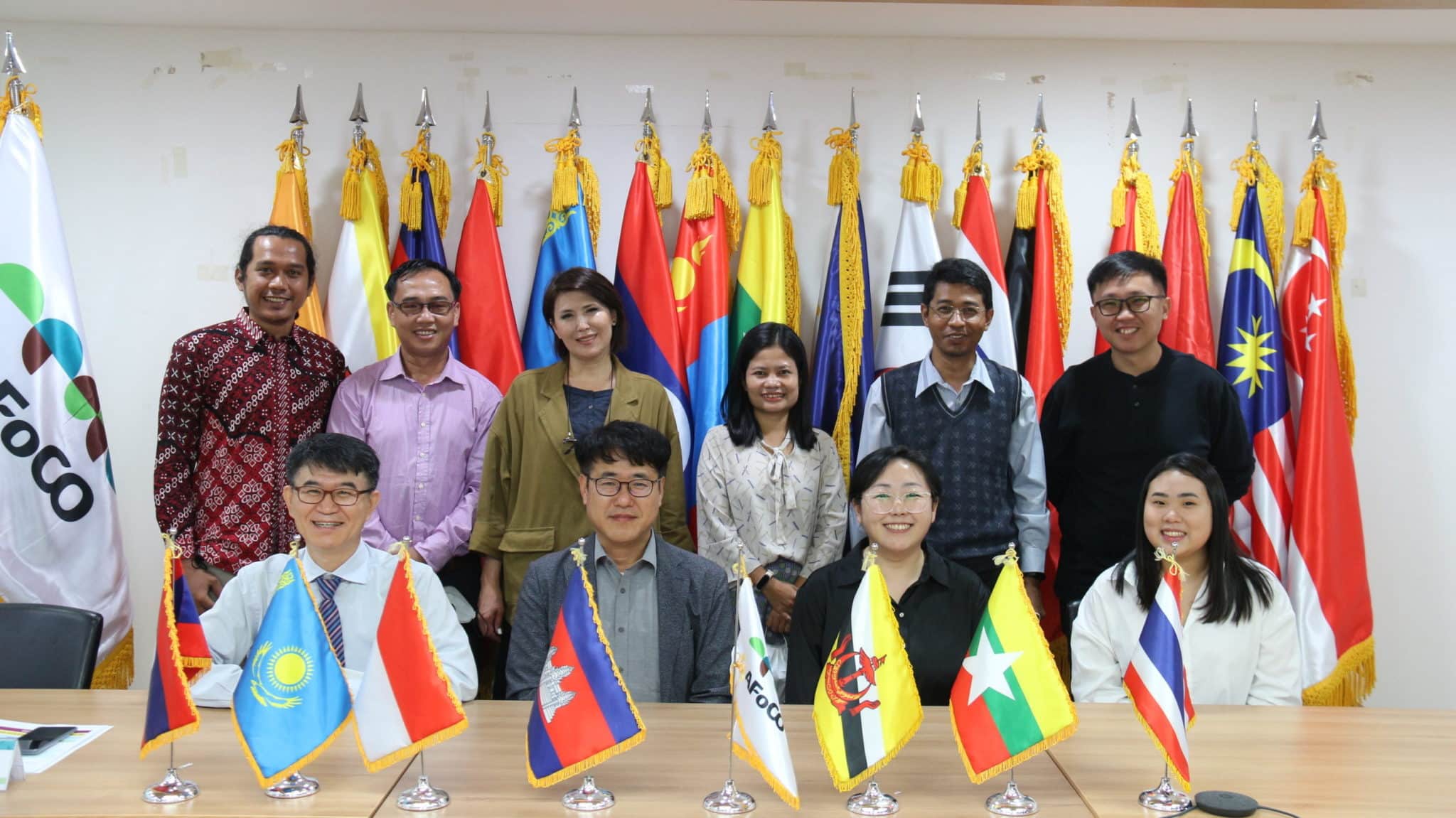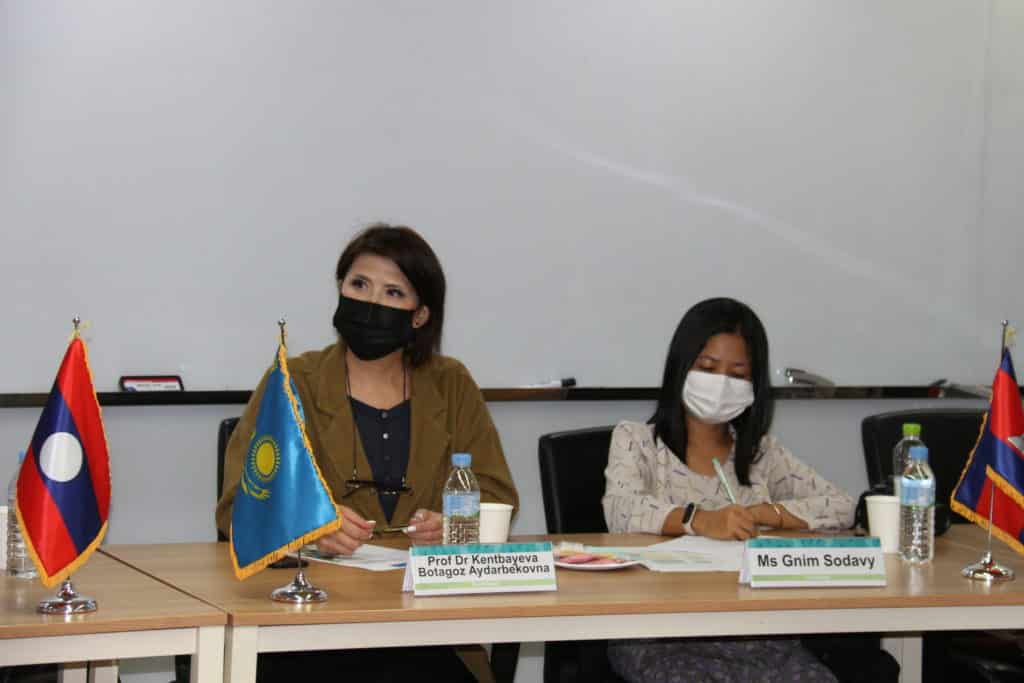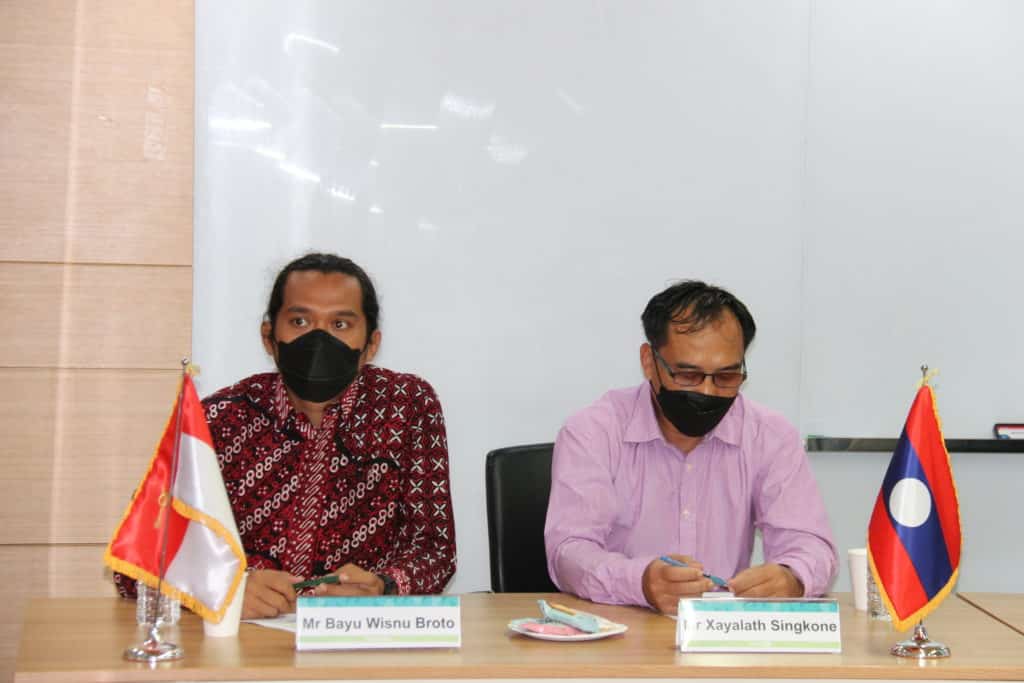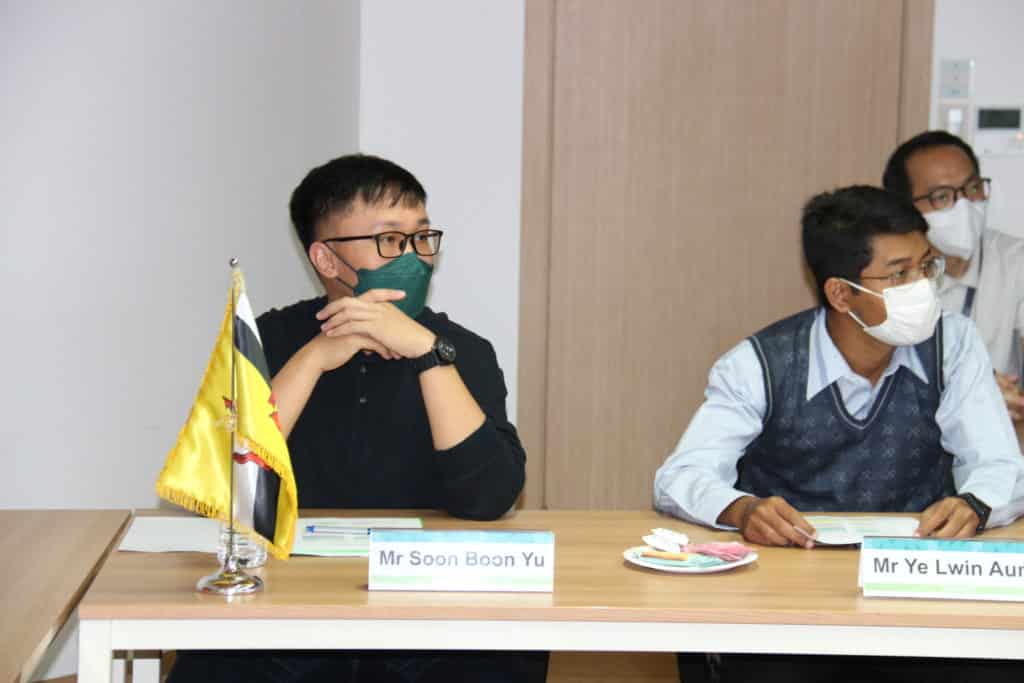September 19, 2022—AFoCO welcomed the 2022 AFoCO Science and Technology Exchange Partnership (STEP) Program participants to the Republic of Korea to begin their research journey. The AFoCO STEP, first launched in 2019, was postponed by three years due to the onset of the COVID-19 pandemic. For the 2022 STEP program, 7 researchers from AFoCO member countries (selected in 2020 and 2021) are Brunei Darussalam, Cambodia, Thailand, Kazakhstan, Indonesia, Lao PDR, and Myanmar embarked on their month-long research program.
AFoCO Science and Technology Exchange Partnership (STEP) program is a one-month training targeting government officials of the Parties who are interested in learning about various partnership opportunities with leading science and technology institutions in the forest-related sector in the Republic of Korea (ROK). The STEP Program is jointly organized with partner organizations willing to provide matching contributions for the program.




The theme for the 2022 AFoCO STEP Program is “The Role of Arboretums in the Conservation of Forest Plant Biodiversity”, and the course is jointly organized with the Baekdudaegan National Arboretum (BDNA), also the second largest arboretum in the world. Located in Bonghwa County in North Gyeongsang Province of Korea, BDNA is also home to the first underground tunnel-type seed storage facility. This year’s program at the BDNA will aim to facilitate the sharing of comprehensive knowledge, skills, and experiences on plant conservation such as the classification of forest plants, seed collection, seed management, tissue culture, seed viability test, and propagation; and improve the capacities on landscape design, construction, and the operation of arboretums through hands-on experiences.

